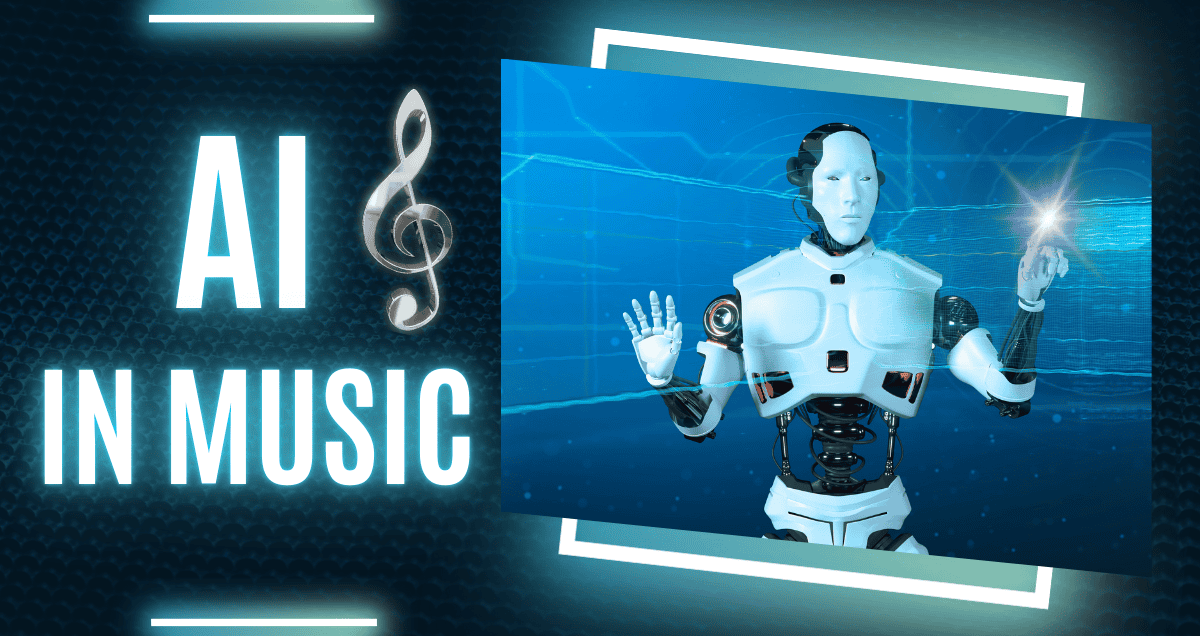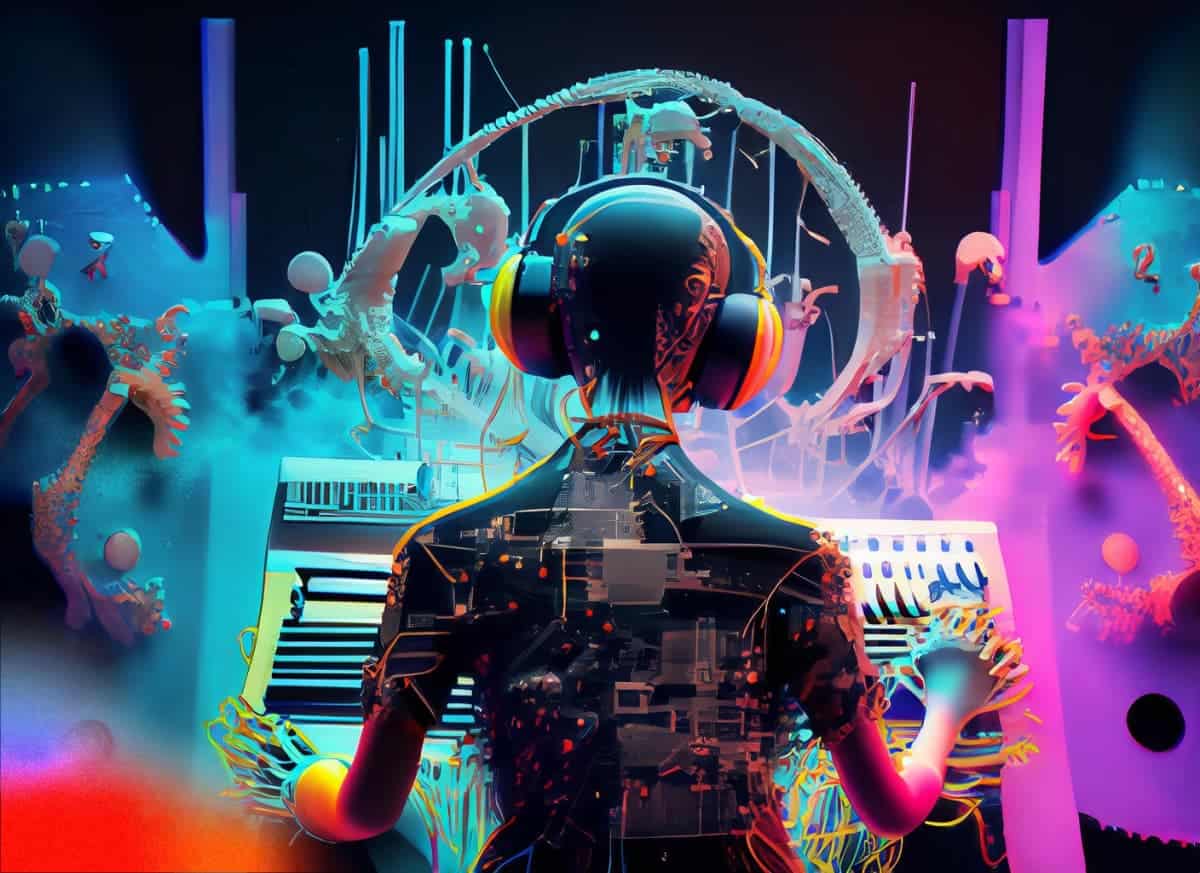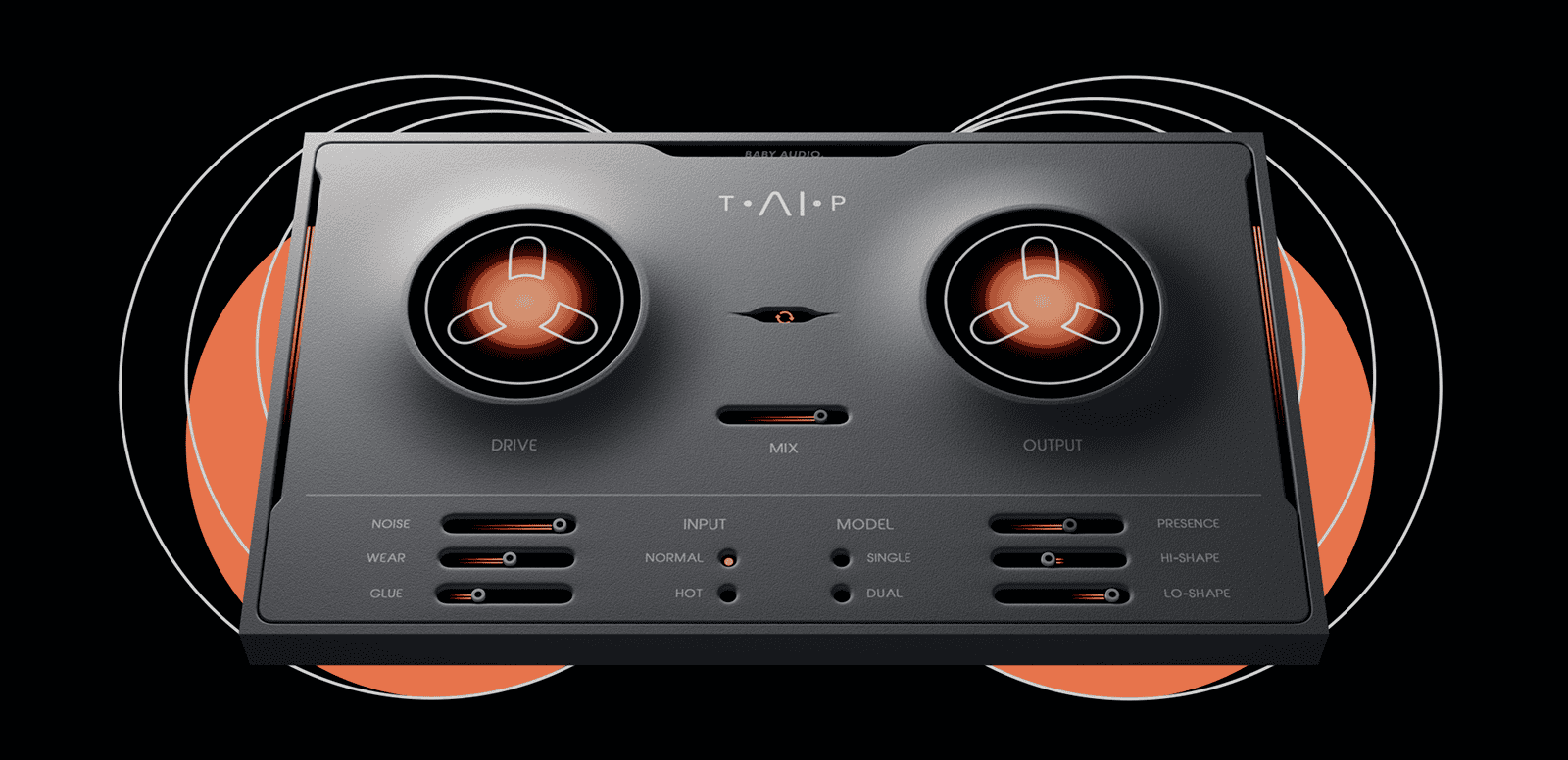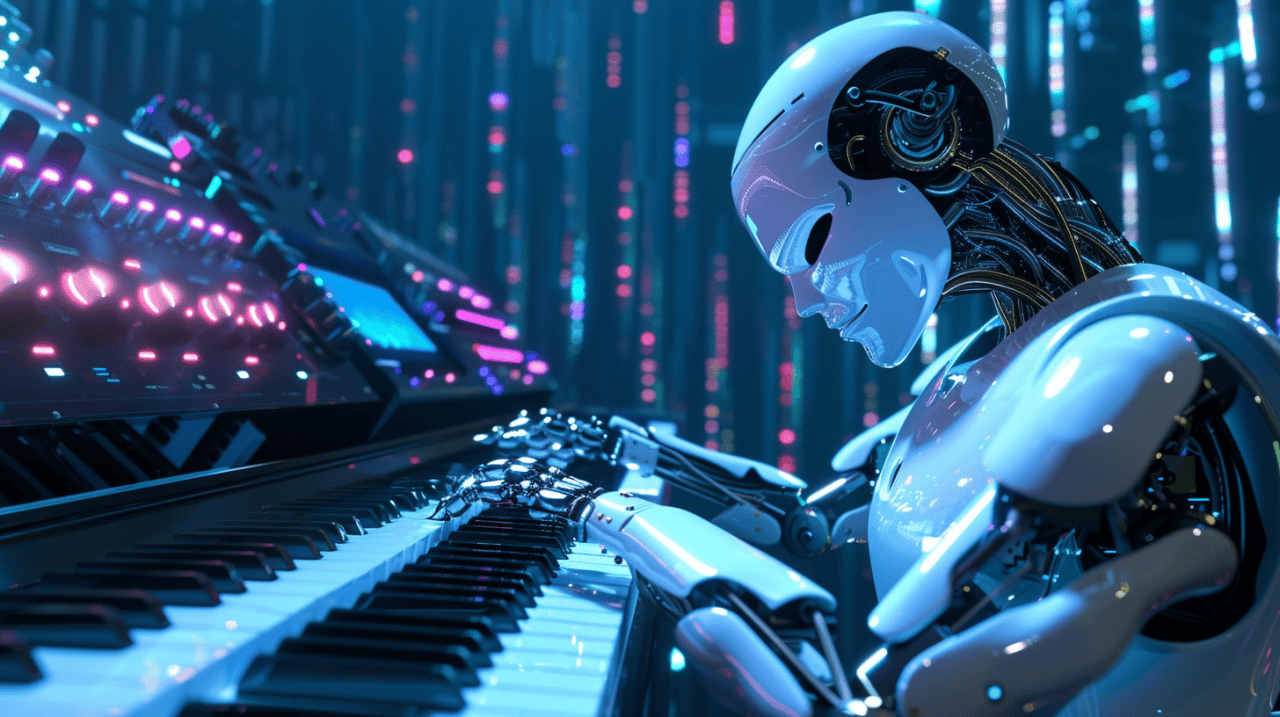AI is changing the way music is made. From creating new sounds to making production faster, AI tools are helping musicians and producers in ways we couldn’t imagine before. In this article, we’ll look at how AI is transforming music production and what it means for the future of music.
Whether you’re a producer or just curious about AI in music, keep reading to learn how these tools are shaping the future of music creation. Dive in and see how AI might change the way you make music!
Table of Contents
ToggleWhat Are Generative AI Tools?
Generative AI music tools create music based on the instructions you give them. These tools learn from a large collection of music and use that knowledge to make new songs that match your requests.
Today, these AI tools are highly advanced. They can produce full songs with different instruments, lyrics, and even vocals that sound almost like a real person.
The data these AI tools use to learn greatly influences the music they create, which raises concerns about copyright issues. Some of these concerns have led to legal cases.
However, you can use these AI tools in many creative ways beyond making complete songs. For example, AI can generate unique vocal effects or develop instrument sounds based on prompts.
If you’re interested, here’s a list of some generative AI tools you can explore today.
What are audio processing AI tools?
AI first played a role in music production by processing audio. These tools modify and apply effects to audio signals. They help producers achieve their goals, mimic hardware, or create interesting sounds.
Let’s explore some of our favorite examples.
Model Authentic Effects with Baby Audio TAIP and Neural DSP Plugins
A few companies are now using AI to create incredibly accurate models of analog gear, resulting in effects that sound amazing.
Baby Audio’s TAIP plugin uses AI to capture the warm sound of classic tape-recording machines.
Neural DSP uses AI-based modeling algorithms to produce some of the best-sounding amp simulations we’ve heard.
AI is increasingly shaping the development of audio effects plugins, making them sound better than ever before.
Split Stems or Remove Vocals
AI-powered tools for separating stems have greatly improved over the years.
Now, you can take any song and break it down into its parts, often at no cost.
This can be useful for many things, like practicing vocals or an instrument along with a specific track, or if you’ve legally obtained permission to sample part of someone else’s song.
Find Samples by How They Sound
Sample marketplaces are great because they give producers and beat makers access to royalty-free sounds without worrying about copyright issues.
But with so many samples available, it can be hard to find exactly what you want.
That’s where a helpful assistant comes in. For example, you can click “find similar sounds” on any sample, and an AI-powered tool will find other samples that sound like the one you chose.
How Will AI Be Used for Creativity in Music?
In addition to generative and audio processing tools, there’s another way AI will help create music. This type of AI tool focuses on sound design and composition, which I find interesting.
These plugins help producers create new and unique synth sounds or generate fresh ideas with MIDI. They don’t make or process audio directly. Instead, they use AI to inspire creativity and help producers come up with interesting sounds.
Here are a few examples of plugins that use AI to spark creativity.
Make Instruments with Plugins Like SynPlant 2
SynPlant 2 is one of the coolest AI music tools out there.
With SynPlant 2, you can upload any sample, and the plugin will create a synth that matches the sound of your sample.
This plugin saves you time by recreating sounds without traditional sound design methods. Even better, it opens up a world of possibilities, especially if you get creative with the samples you upload.
Conclusion
AI is changing how music is made. It’s helping musicians and producers create new sounds and work faster. As these tools keep getting better, they will likely become even more important in the future of music.
Whether you’re a seasoned pro or just starting, using AI in your music production can bring new and exciting possibilities. The future of music is here, and AI is a big part of it—so why not explore how these tools can help you create your music?




